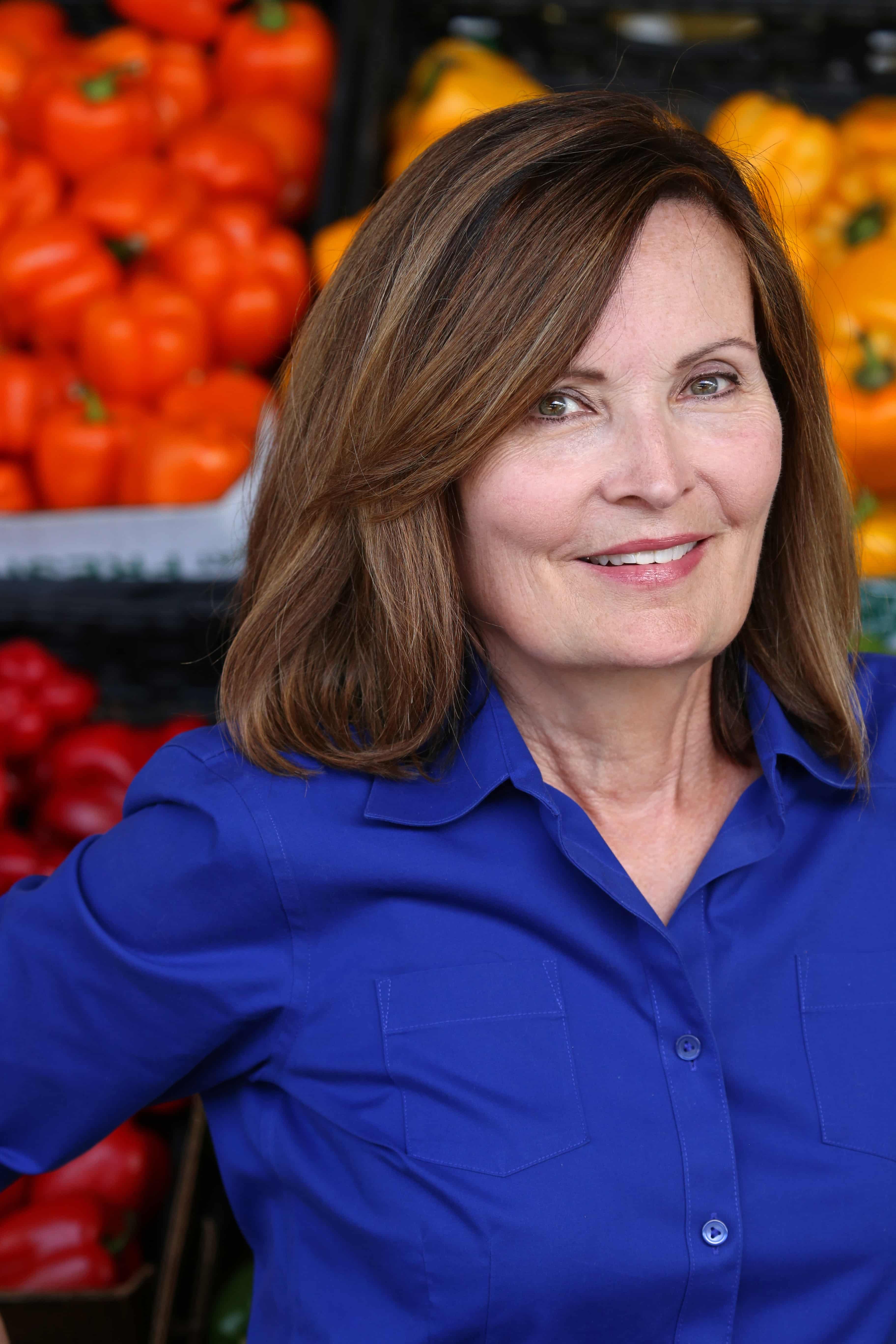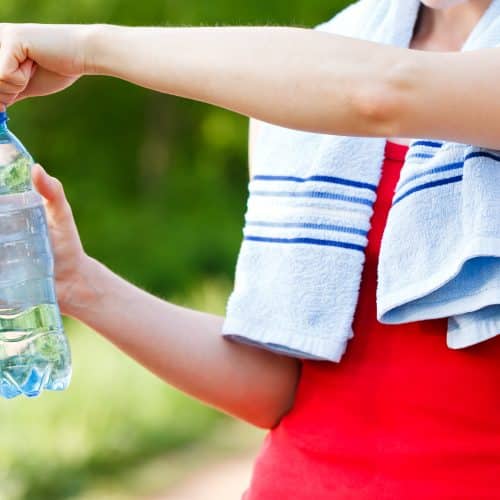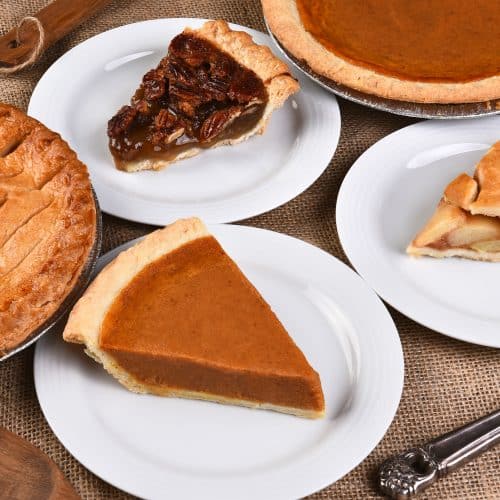
Did you know that water is your body’s most important nutrient? Staying well-hydrated has many benefits. Water and other liquids are needed for all kinds of bodily functions – from digesting food, to regulating body temperature, to eliminating waste and toxins.
Below are three things you should know about staying hydrated:
Hunger pangs may be a signal to drink, not eat
Do you ever eat a good-sized meal and then a couple of hours later feel hungry again? You might be surprised to know that your body could be signaling you’re dehydrated. Before you reach for a cookie, ask yourself if you’ve had enough to drink today. Upping your intake of low or no-calorie beverages – instead of eating a snack – could satisfy a sweet tooth, make you feel fuller, and cut out unnecessary calories.
You may be more likely to grab something to drink when it tastes good
Plain tap water is a great hydrator, but you’ll probably drink more if your beverages have some pizzazz. Unfortunately sometimes pizzazz comes with a sidecar of unwanted carbs and calories. So, to keep from packing on the pounds follow the CDC’s advice and choose low or no-calorie beverages like diet sodas.
There’s not a set amount you should drink
Some experts say you should aim for 6-8 glasses of water/other liquids each day, but others say those estimates aren’t based on scientific evidence. To get an idea of how much is right for you, try keeping a fluid diary for a few days. (Sorry, alcohol doesn’t count and is actually dehydrating). By jotting down your liquid intake, you’ll be able to see just how much you’re already drinking and decide if you might need to turn it up a glass or two. Just keep in mind that your individual needs can vary from day to day depending on how hot it is, how much you’re exercising, or medications that you may be taking.

Ellen Stokes, MS, RD, LD is an award-winning video producer, director, and writer in addition to being a registered dietitian. Ellen writes and creates videos about nutrition education, food safety, menu planning, grocery shopping, and healthful cooking on a budget. Ellen has worked with organizations and companies including the Partnership for Food Safety Education, the University of Georgia Food Science Department, and Golden Cuisine. Ellen formerly worked for CNN as a writer and producer and has taught food safety online for Georgia State University and she teaches nutrition to fledgling chefs at the Art Institute of Atlanta. Check her out on Twitter @EllenS_RD




